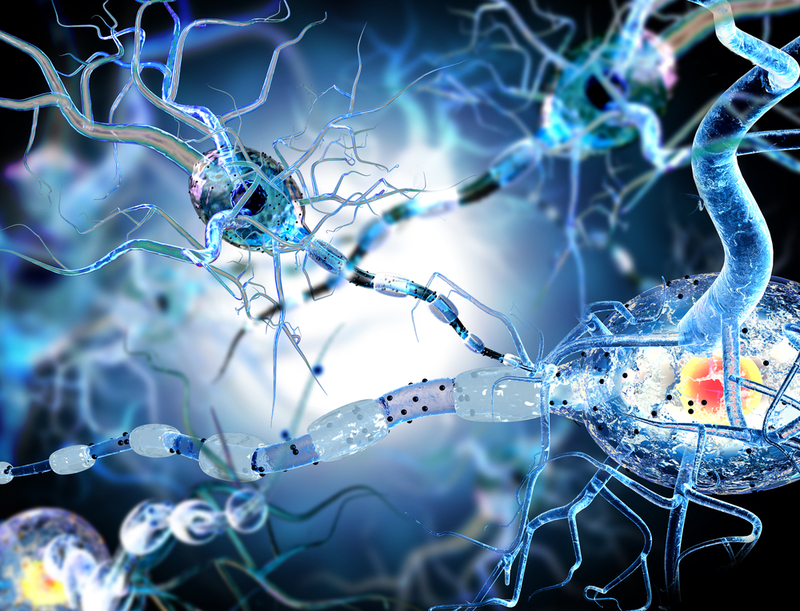P2X4 receptor helps in curing multiple sclerosis
ANI Jul 24, 2018
A receptor known as P2X4 increases repair responses of the human body when it comes to Multiple Sclerosis.

Multiple Sclerosis is an autoimmune disease that attacks and destroys a structure known as the "myelin sheath", whose integrity is indispensable for the brain and spinal cord to function properly. In a recent study, it was found that this receptor present in the microglial cells that increases their anti-inflammatory potential in order to reduce the damage in Multiple Sclerosis and, above all, encourage the body's own repair responses.
During the progressive phase of the disease, it is the microglial cells in the brain that are the main cause of the chronic inflammation responsible for the neurological deterioration. These microglial cells are the brain's sentries and react when faced with any damage or infection in it. This reaction, which is in principle beneficial, becomes harmful when it is prolonged over time, leading to chronic inflammation, and aggravates the disease and encourages its progression.
This experimental development was conducted using animal models of this disease, thanks to which it was possible to discover that the drugs that activate this receptor improve the symptoms during the chronic phase of the disease when furthering the repair of the nervous tissue. "We are witnessing a discovery that is opening up a new channel of pharmacological development for the treatment of the progressive phase of Multiple Sclerosis, and with it, we want to open a new door on improving the life quality of people who suffer Multiple Sclerosis," added a researcher María Domercq. The study appeared in EMBO Molecular Medicine journal.
-
Exclusive Write-ups & Webinars by KOLs
-
Daily Quiz by specialty
-
Paid Market Research Surveys
-
Case discussions, News & Journals' summaries